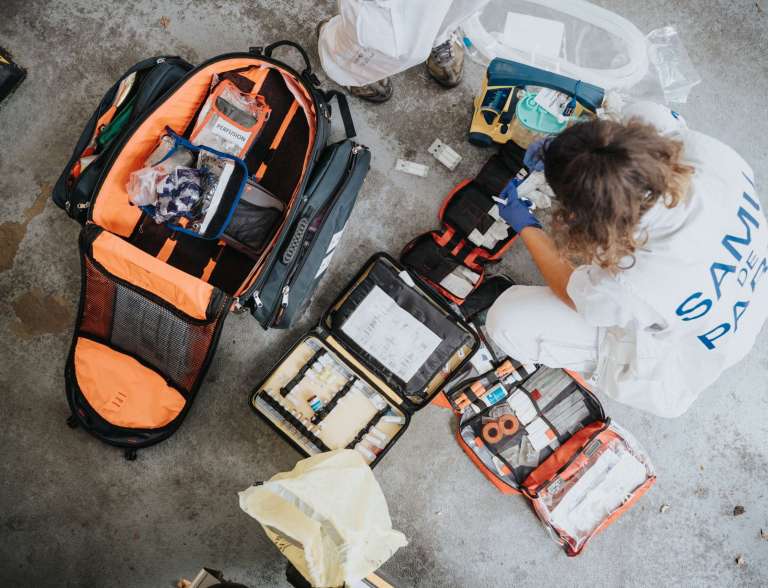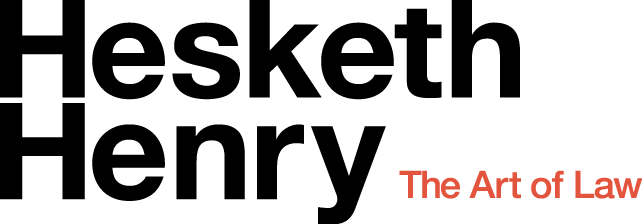Member only content
Savour is proudly brought to you by

-
Checking it Twice – Health and Safety Considerations for your Work Function
-
Why the hospitality industry supports a return to the office
-
Surviving Financial Strain: Restructuring Strategies for NZ Hospitality Employers
-
Rent Reviews Unveiled: The Ultimate Guide for Hospitality Tenants
-
The Vital Role of Reputation Management in the Hospitality Industry
-
Covering Your Bases: A Comprehensive Guide to Business Insurance in New Zealand
-
Understanding Trial Periods

Savour
The Magazine of the Restaurant Association of New Zealand
What to do when a health and safety incident occurs at work
16 Feb 23Brought to you by:

When an accident happens at work and an employee is injured, legal obligations can often be the furthest thing from your mind. Instead, focus is rightly on the wellbeing of your employee. However, after everyone is safe, a Person Conducting a Business or Undertaking (PCBU) must quickly turn their mind to their obligations under the Health and Safety at Work Act 2015 (HSWA).
Depending on how serious the incident is, a PCBU may be required to “notify” WorkSafe of the event, preserve the scene, and (later) keep a record of the incident for five years.
Whether these three duties apply depends on whether there has been a “notifiable event”. In simple terms, this is either a fatality, a notifiable injury or illness, or a notifiable incident (discussed further below). If one of those events has occurred, the duties will be triggered and a PCBU will be required to notify, preserve, and record. It is an offence punishable by a maximum fine of between $5,000 – $50,000 to fail to comply with those three duties, depending on which duty is breached and whether it is breached by an individual or a company. There have been quite a few cases where WorkSafe has prosecuted a business for not only the breach that led to the incident, but also failing to notify (which just makes a bad situation worse!).
So, when are these duties engaged?
The first step is to consider whether the incident is “notifiable”. As mentioned above, an event is notifiable when it is either a fatality, a particular type of injury or illness, or if the event has a particular feature (meeting the criteria set out in s 24 of the HSWA). The last two categories require more explanation.
In general terms, any serious injury or illness is notifiable. Specific guidance can be found in s 23 of the HSWA which identifies any injury or illness that would require a person to be admitted to hospital for immediate treatment, or within 48 hours of being exposed to a harmful substance. In addition, an injury to certain parts of the body (head, eye, spine) that requires immediate treatment (other than first aid), or serious burns, lacerations, amputation or degloving. Serious infections are also covered.
To assist you in identifying notifiable injuries/illnesses WorkSafe has created a useful flowchart to use, and which is available on its website. If you are unsure whether or not the injury or illness is notifiable, it is worthwhile calling seeking advice from the Restaurant Association helpline.
Similarly, a notifiable incident is an unplanned or uncontrolled incident that exposes a person to a serious risk from, for example, a spillage of a substance, a fire, escape of gas or steam, a fall from any height or an electric shock. Other examples are set out in s 24 of the HWSA or on WorkSafe’s website.
If a notifiable injury or illness, or a notifiable incident, occurs this will be a “notifiable event” under the HSWA, and the duties kick in.
In the first instance, a PCBU has a duty to notify WorkSafe of the event. That notification must take place as soon as possible after the PCBU has become aware of the incident. It can be by telephone or in writing (including email) but must be given by the fastest possible means in the circumstances. Usually, the best course of action is to either call WorkSafe or fill out the online form.
When notifying WorkSafe, it is important to be upfront and honest. That said, keep it factual. If you are unsure of the extent of a particular injury or the treatment being administered, don’t speculate. Provide accurate information as it comes to hand.
The PCBU also has a duty to preserve the site at which a notifiable event occurs. This involves taking all reasonable steps to ensure that the place where the incident occurred is not disturbed until a WorkSafe Inspector has cleared the scene. However, while the duty to preserve a site is an important one, it does not prevent you from assisting an injured person or taking any steps necessary to make the site safe and minimise the risk of a further notifiable event.
Finally, a PCBU must keep a record of each notifiable event for at least five years from the date on which notice is given to WorkSafe.
If a notifiable event was to occur at your place of work, it is important to seek advice at the first available opportunity. While you are required to comply with the duties imposed by the HSWA, its important to remember that a breach of the duties imposed by that legislation is a criminal offence and information that you give on the phone or in a written notification may form part of a future prosecution or other enforcement action, like an Improvement Notice. Seeking expert guidance on whether a notifiable event has occurred, and what the next steps are, can give you comfort that you have complied with your obligations, and let you get back to caring for your staff and your business more quickly.
Hesketh Henry has a specialist Health and Safety team, and can assist you with all aspects of health and safety at work. You can find more information on our website at www.heskethhenry.co.nz/expertise/health-safety/
Disclaimer: The information contained in this article is current at the date of publishing and is of a general nature. It should be used as a guide only and not as a substitute for obtaining legal advice. Specific legal advice should be sought where required.

(Partner)

 Member only content
Member only content
Savour is proudly brought to you by

-
Checking it Twice – Health and Safety Considerations for your Work Function
-
Why the hospitality industry supports a return to the office
-
Surviving Financial Strain: Restructuring Strategies for NZ Hospitality Employers
-
Rent Reviews Unveiled: The Ultimate Guide for Hospitality Tenants
-
The Vital Role of Reputation Management in the Hospitality Industry
-
Covering Your Bases: A Comprehensive Guide to Business Insurance in New Zealand
-
Understanding Trial Periods